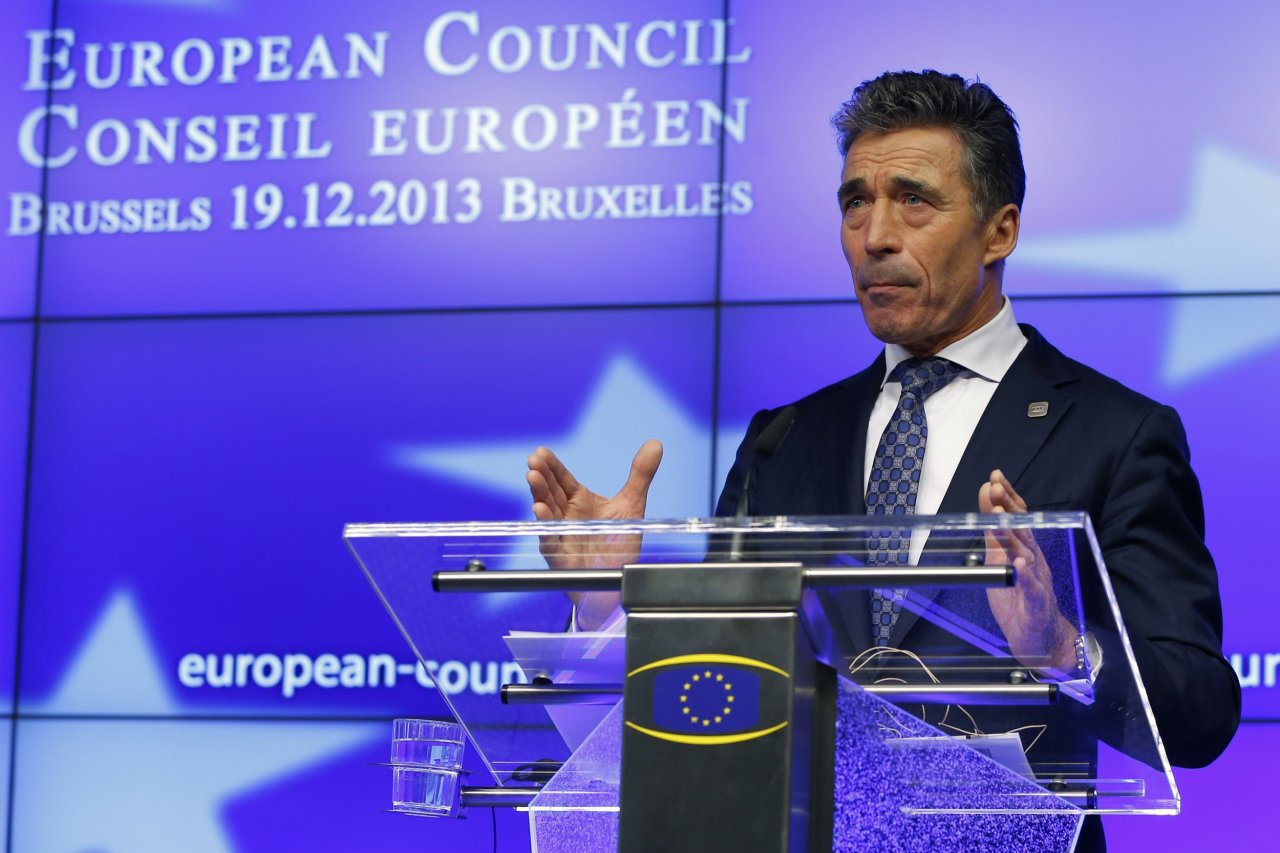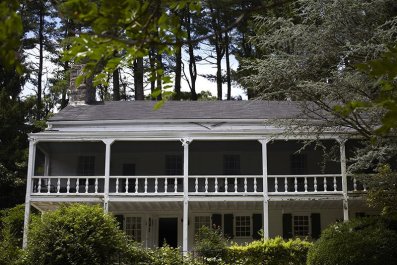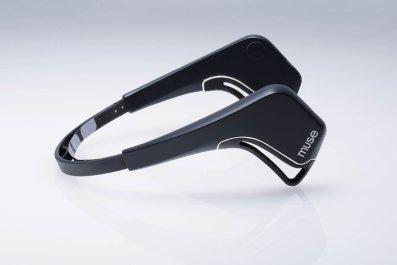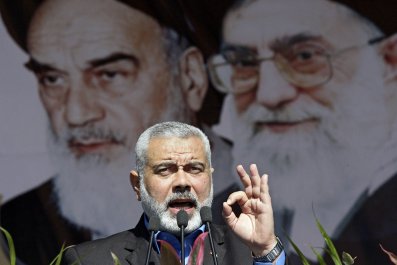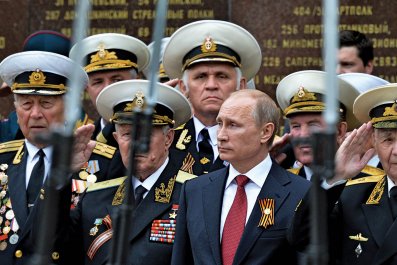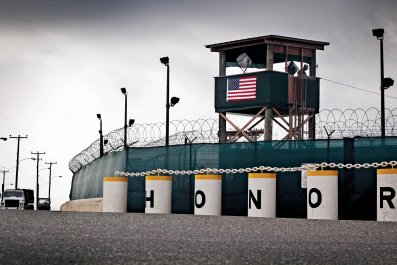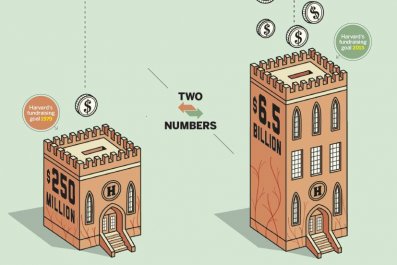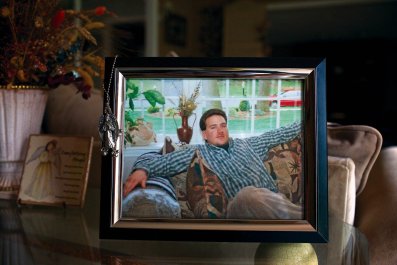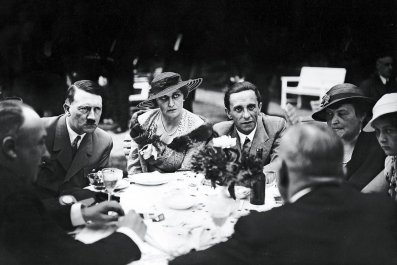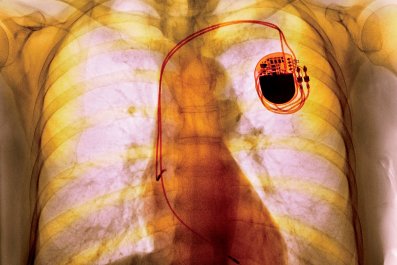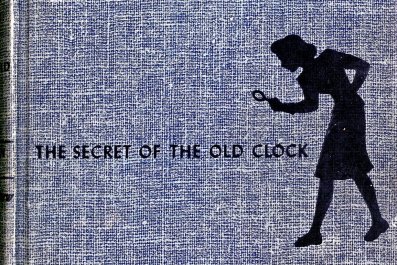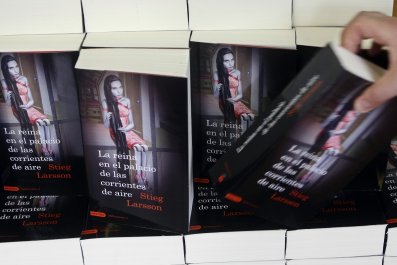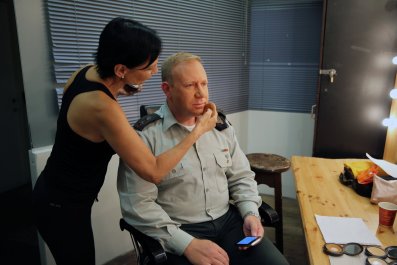Never mind what will be discussed at next month's two-day Nato summit, the conference will be the ultimate test for the UK Police Service, who, beleaguered by cutbacks, must find a spare ten thousand officers to police the event without leaving other parts of the UK short-handed.
Concerns were raised at least three years ago when London's Metropolitan Police Commissioner, Sir Bernard Hogan Howe, questioned the police's ability to manage public order after of the August 2011 riots in London, when the capital's 6,000 street officers were outnumbered and lost control of the city to rioters who caused damage worth £300m.
There are now fears that London could be caught even shorter during the Nato Summit, to be held at Newport's Celtic Manor Resort on 4-5 September. Indeed, the Met is so concerned about a lack of manpower in the capital that they have asked Home Secretary Theresa May to authorise the deployment of three water cannon – never before used on the UK mainland.
The summit, which comes in Nato's 65th year, is conservatively estimated to cost £50m (split between the UK government and Nato), with most of the money going on security for world leaders and senior ministers from sixty countries, including Barack Obama (who will become the first serving US President to visit Wales), and to police the 20,000 anti-Nato demonstrators from around the world who will descend on the small cathedral city (pop. 150,000) at the end of August.
Summits are held irregularly at key junctures in Nato's history. The last time the UK played host was in London in July 1990, when Margaret Thatcher was prime minister and George Bush Sr. was president, when the Cold War was all but over and the first Gulf War was just a month away. That summit, which ended with the Russian ambassador's announcement that the Soviet Union had dissolved, was full of optimism for peace in Europe.
The Newport summit, however, is likely to be a more strained affair, with Russia now heading Nato's agenda. The United States has accused Russian President Vladimir Putin of aiding and abetting the shooting down of flight MH17 by supplying militants with weapons powerful enough to take down passenger jets. Most of the victims were Dutch, putting Russian/European under almost intolerable strain. What's more, Georgia now wants to join Nato, a step likely to enrage Putin.
The tension will extend beyond Celtic Manor's walls into Newport and across Britain and, for the police, the scale of the operation is unprecedented. In a deployment that will run from August 26th to September 6th, 10,000 officers will be drawn from across the rest of the UK to Wales, (which has a total of 6,863 police officers) from specialist units such as close protection and counter-terrorism, to thousands of officers trained in public order, most of which are likely to come from London.
Steve White, the chairman of the Police Federation says: "When you lose a large number of officers to a large operation you have got to backfill in order to maintain the service." Part of this "backfill" in London could come via three second-hand Austrian-built water cannon (Wasserwerfer 9000s aka Wawe 9s), snapped up by Mayor Boris Johnson in June for £218,000 from the German police. If bought new, they cost £1.3m each.
They arrived in the UK on June 30th and are being tested and fitted with CCTV cameras at the Metropolitan Police's state-of-the-art public order Specialist Training Centre in Gravesend, Kent. Some 4,000 UK police officers have already been trained to use them, but the cannon's deployment has yet to be authorised by the Home Secretary, despite pressure from senior police officers and a 2013 Home Office statement, which said it approved of introducing water cannon "in principle".
Although prime minister David Cameron has said that "nothing is off the table" in terms of dealing with public order, there are concerns that the weapons, of the same type that killed a protester in Turkey in May 2013, constitute a disproportionate use of force – force which is largely indiscriminate. In Germany in 2010, a 66-year-old retired engineer was blinded during a protest over the removal of trees from a Stuttgart park. Another 116 people were injured.
The request for the cannon was made by West Mercia Chief Constable David Shaw, in a report for the Association of Chief Police Officers. Shaw said he'd rather not have them but that they are "necessary". The UK police service is currently trying cope with a Home-Office-imposed 20% budget cut. Numbers of police officers have continued to fall since 2011 (by 3,500 in 2013, and the total police workforce has fallen by 30,000 since 2009).
In Newport, the unenviable job of providing the "unprecedented" protection falls to Gold Commander Chris Armitt, assistant chief constable of Merseyside Police. "The size, scale and importance of the event cannot be overestimated, and policing and security will need to be of the highest standard," he says, adding that the security requirements are greater than those for the 2012 Olympics.
Unsurprisingly, all leave has been cancelled for the duration as Wales braces itself for the "biggest protests in a generation". At the forefront of the anti-Nato demonstrations is the Stop the War Coalition, who have announced a series of marches, a Counter Summit, a week-long peace camp, as well as a number of protests on the summit's opening day. A spokesperson said: "Nato is the military alliance binding Europe to US foreign policy, a foreign policy post-Iraq increasingly unpopular around the world . . . War is the enemy of the poor . . . The annual sum needed to end world hunger is $30 billion while the US Military's budget is $530 billion per year."
While Stop the War is determined to protest peacefully, Gwent Police Chief Constable Jeff Farrar said: "There will be an element of protestors who will be here for other purposes, we expect there to be protests for seven to ten days . . . We have got to plan for the worst."
The last Nato summit, held in Chicago in 2012 at a cost of $55m, saw demonstrators fighting with police close to where President Obama was meeting world leaders. Rioters invaded a restaurant where they attacked diners with batons and hammers. Several officers were injured; one was stabbed. Over a hundred people were arrested, three were charged with terrorism offences (later convicted of lesser offences). Over two-dozen protesters required treatment for broken bones, knocked out teeth, concussions and open wounds requiring stitches or staples and police faced seventy allegations of police brutality. Chicago police also used their controversial long-range acoustic device (LRAD) (bought specially for the event), which produces a "deterrent tone", loud enough to hurt the human ear, to try and disperse some of the protestors.
"We are confident that we have plans and contingencies in place to tackle any challenge we are likely to face," Armitt says, but some local businesses and residents are concerned despite promises that disruption will be kept to a minimum. Thirty-eight out of 57 Newport schools will close during the summit.
To add further tension, May, the Home Secretary, is reviled by the police for enforcing cutbacks and her recent speech at a police conference – during which she said the police had "contempt for the public" – was met by stony silence. She has become even less enthused by the idea of water cannon on London's streets and has so far refused to bow to pressure from the Met to endorse their use. On July 14th she told MPs that there were "scientific" and "medical issues" that needed research and therefore could not say when she might make up her mind.
Perhaps May doesn't want to go down in history as the first Home Secretary to authorise the use of water cannon on the UK mainland. Cameron, who volunteered the UK as host for the Summit, saying it was "Wales' turn for one of these big events," may have got more than he bargained for.
Hoping to appear statesmanlike in the run up to the national elections next year, it could be hard for him to extract anything positive from a Nato summit during the Russian crisis. On top of this, the government has never depended more on the weakened Police Service to keep the peace – the sight of people being knocked out by water cannon on the streets of London, or of pitched battles in Newport are hardly election-winning images.



